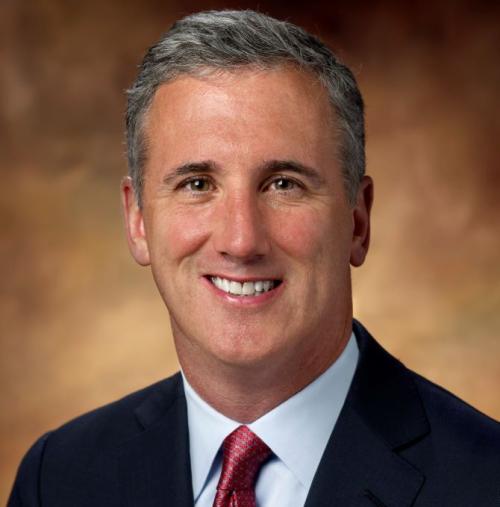General counsel need to build trust and credibility over time in order to be able to take an ethical stand when the time comes, says Steven Shapiro
It became clear to Steven Shapiro early on, even before he left his brief stint at a multinational bank on Wall Street to attend law school, that he wanted to be a transactions attorney rather than a litigator.
‘I liked the negotiating, I liked the creativity that I thought was present, and it seemed more productive than litigating,’ says Shapiro, an M&A, banking and technology attorney at Krasnow Saunders Kaplan & Beninati. Initially, he was fascinated with the rules governing corporate deals, and then ‘when I was in law school, the concept of agency presented itself. You have shareholders who put money into [a company] and you have officers who run it. That’s where the tension starts and doesn’t go away. ‘
Finding ways to both protect shareholders and make it practical for companies to operate by adapting the rules to suit each company’s needs was what he found particularly interesting. When he joined Mayer Brown and Platt, there was plenty of corporate work and he learned how to do a range of things. ‘Sitting down with the client and having them explain what they wanted to get done, getting it on paper and reaching an agreement was fun,’ he recalls.
The difference between litigators and transactional lawyers, he says, is that transactional lawyers think about issues in advance while litigators look at them after the fact. ‘Now, when I read bylaws and articles of incorporation, I look for the pressure points. What can these managers do and what are the vulnerabilities if there’s a battle?’
Take, for example, the numerous clients Shapiro represents who are either setting up their companies or have been disadvantaged by companies they invest in that have brought in later investors who have taken away their rights. He says he likes the challenge of figuring out which provisions to insert into transaction documents that advance his clients’ interests, such as electing additional directors if the company fails to hit performance targets or doesn’t meet its dividend obligations. ‘Think of it like playing golf: here I am on the first tee. Which club do I use? Which is going to get me to the hole in the most efficient way with the least amount of risk?’
When it comes to structuring corporate transactions, Shapiro acknowledges that the search for creative solutions can sometimes raise ethical issues that aren’t clear-cut. He recalls times when there was ‘tremendous tension between what the client, whether external or internal, wanted to do and what I thought they could do [under the law]. It wasn’t a day-to-day thing, but it did happen.’
But that’s a big part of what general counsel are paid to do, says Shapiro, who was a deputy general counsel or general counsel for 17 years in the manufacturing, tech and banking industries. ‘If somebody proposes something that you know you can’t do, you have to be [willing] to resign. Not that you want to, not that you’re looking for it, but ultimately you might be in that situation. I’ve never gotten that far, but I know people who have.’
He recalls one Friday as general counsel when he decided that if he hadn't received a positive response from the CEO by the end of the day he would call the head of the audit committee on Monday, and that it would probably cost him his job. To avoid situations like that, you need to learn how to communicate clearly, which is part of coming up with creative solutions to business challenges, he says. ‘When you get into that situation, [you have to think] what have I not explained correctly? What am I missing that they want to do? Is there another way to get them to this point? ‘
But general counsel and other governance officers also need friends who are not only fellow lawyers but trusted advisors, who they can call on a moment’s notice and get honest feedback from about whatever situation they’re facing, he adds. ‘There’s only so much you can think of [yourself] when you’re caught up in the moment,’ he says. ‘Fortunately, most of the time, I’m able to reach an accommodation.’
That’s why it’s critical to build trust and credibility over the years as a professional willing to do whatever it takes to get a job done, he adds. Then, when senior executives want to do something that you can’t condone, ‘they’ll know you’re not just being a jerk or blocking something. That there’s really something to what you said’ and that you’ve looked at all the possible solutions and exhausted your resources.
His advice to nominees for the Corporate Governance Awards is to refrain from submitting lengthy materials that nobody has ample time to read. ‘Number one, send us something you think is representative of what your good work is,’ he advises. Secondly, he recommends taking a careful look at the criteria for a specific category, and at what past winners have looked like to be able to evaluate your chance of winning. ‘Also, emphasize anything you think is unique about your situation or your nominee’s situation, and that’s innovative and/or cutting edge. All the judges like to promote that, including me.’








